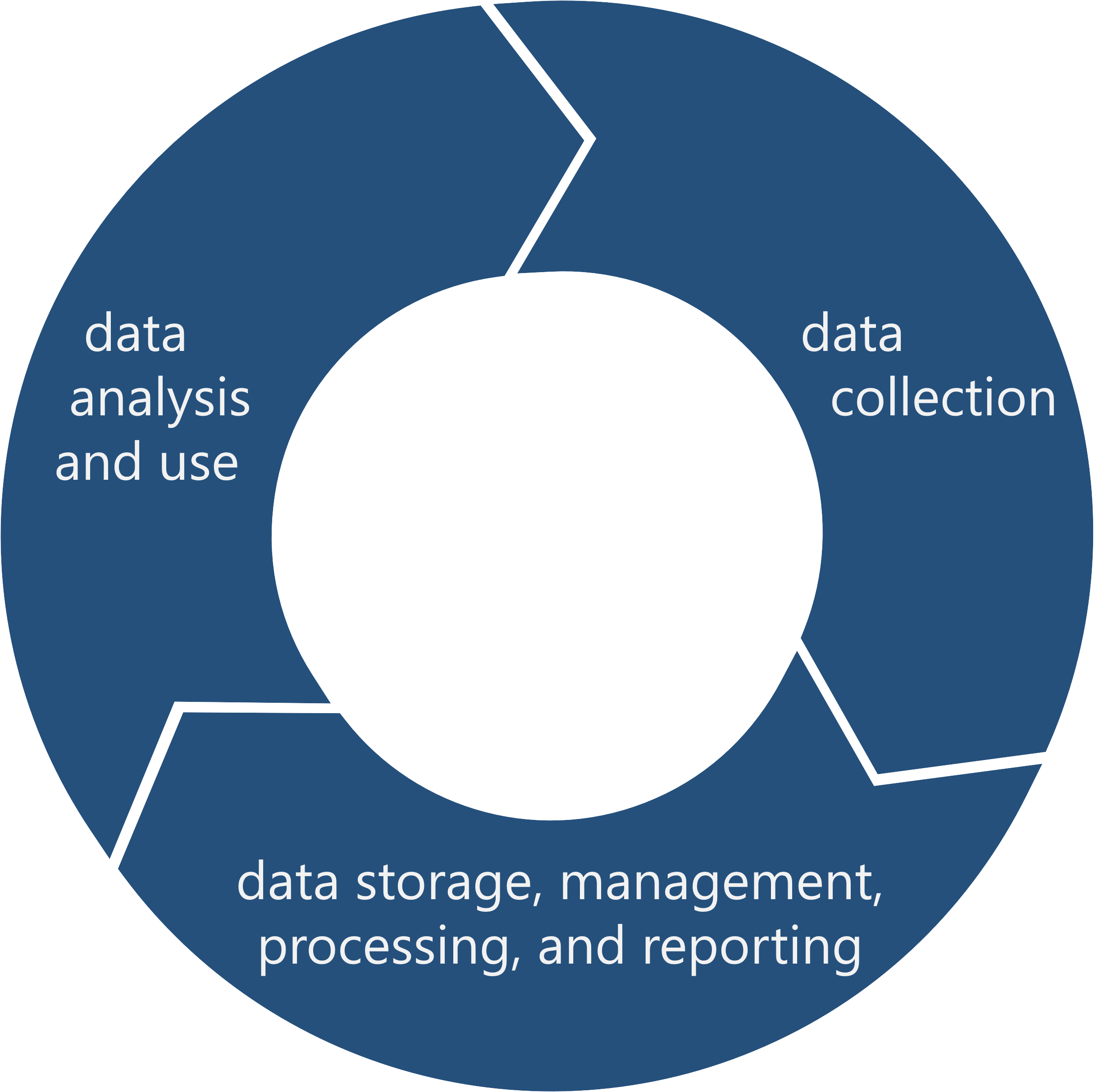Course Number
PRO105Self-Paced
About This Course
The purpose of this course is to provide an overview of strengths and challenges in data collection and processing at the front lines of PEPFAR-supported health programs, and how these impact data reporting, analysis and use. The course seeks to build awareness and knowledge of strategies to strengthen data quality and responsible and appropriate data use.
The target audience for this course is anyone interacting with health information systems (HIS) and resulting information products, including program managers, data analysts, program analysts, and decision-makers; as well as personnel of government agencies and partner organizations that implement HIS. The course presents concepts and examples which are relevant both within and beyond PEPFAR.
Course Staff
Nancy Puttkammer, MPH, PhD
Nancy Puttkammer, PhD, is an Acting Assistant Professor within the Department of Global Health at University of Washington and is the faculty co-lead of the Digital Initiatives Group at I-TECH. Her interests are in strengthening HIS and promoting data use and for quality improvement of health programs in resource-limited settings. She is trained as a health services researcher, specializing in using observational, routinely-collected data from electronic medical records (EMRs) to strengthen HIV care and treatment programs.
In her capacity as a Research and Evaluation Advisor at I-TECH, she works with informatics and training projects in multiple PEPFAR-supported countries to improve large-scale implementation of EMRs and other digital health systems, evaluate data quality and data use, support data analyses, and grow capacity for data use and implementation science research. Dr. Puttkammer has a PhD in Health Services from the University of Washington and an MPH in Community Health Education from the University of California, Berkeley. For more about Dr. Puttkammer, please see her full profile.
Carli Rogosin, MIA
Carli Rogosin is a Senior Digital Health Specialist with DIGI. She specializes in workforce capacity building, with expertise in curriculum development, training, and evaluation for digital health products and projects. Additionally, Ms. Rogosin has served as a software feature designer, using user-centered design approaches; managed the software quality assurance process; and worked on stakeholder engagement and sustainability for health information systems.
Ms. Rogosin served as a project manager for the Zimbabwe Data Improvement Project for HIV Care and Treatment and PEPFAR reporting and as well as the Mauritius National OpenELIS Global Implementation Project. Ms. Rogosin is fluent in French and Dutch. She holds a bachelor’s degree in Anthropology and French from Bryn Mawr College and a master’s degree in International Affairs from Columbia University.
Frequently Asked Questions
What web browser should I use?
The Open edX platform works best with current versions of Chrome, Edge, Firefox, Internet Explorer, or Safari.
See our list of supported browsers for the most up-to-date information.
Who should I contact if I have questions about the course?
For questions about the course, contact Nancy Puttkammer.
This course was developed by the International Training and Education Center for Health (I-TECH) at the University of Washington. I-TECH is funded by Digital Square, a PATH-led initiative funded and designed by the United States Agency for International Development, the Bill & Melinda Gates Foundation, and a consortium of other investors, in support of the Virtual Learning for Digital Health project. The PEPFAR Interagency Collaborative for Program Improvement (ICPI), the PEPFAR Data Use Community (DUC), and the PEPFAR Program Results and Impact Monitoring for Epidemic Control (PRIME) team advised I-TECH on the project.






